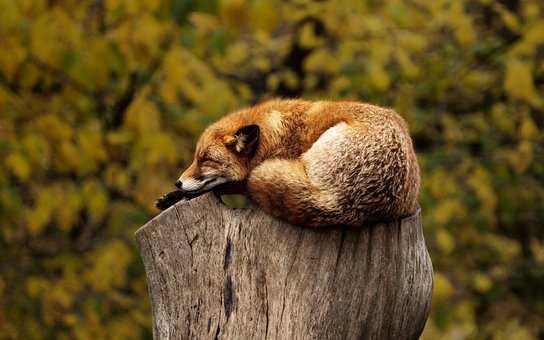Explore the World's Best Ideas
Join today and uncover 100+ curated journeys from 50+ topics. Unlock access to our mobile app with extensive features.
We don't know how sleep evolved
- Research has linked sleep with memory processing, emotional stability and even cleansing.
- Most animals have their own circadian rhythm, or body clock. Even the cells in the body have a rhythm, so it's vital for organisms to have a way to sync these.
Perhaps sleep arose to group the body's processes, ensuring that specific processes don't conflict with one another.
71
797 reads
The reason for dreaming
- One theory is that dreaming helps with sleep's memory-processing function. During sleep, the brain sorts through information gathered during the day, then decides what to keep and what connections to make between new information.
- Another theory is that dreams help with emotional processing by removing some emotional associations.
- Dreams may provide a safe way of testing the brain's reactions to negative events.
- Or dreams are just the by-product of a brain starved of external input.
71
610 reads
Early riser or night owl
It is not genetics that determines whether you are an 'early riser' or an 'evening owl'. It is mostly habitual and environmental.
Early research found a connection between night owls and developing schizophrenia later in life. On average, owls also have lower wellbeing and are more likely to develop depression. It could be that owls are experiencing constant jet lag, which may put their bodies under stress.
81
672 reads
Some people need less sleep
Past research found that carriers of a particular gene slept for about 2 hours less than non-carriers. They also found short sleepers who did not carry this gene but had another mutation that appeared to be linked with short sleep.
Natural short sleepers don't seem to suffer health problems associated with getting too little sleep. But it could be that short sleepers are really efficient sleepers.
68
612 reads
IDEAS CURATED BY
Josie 's ideas are part of this journey:
Learn more about health with this collection
How to strengthen your willpower
How to overcome temptation and distractions
The role of motivation in willpower
Related collections
Similar ideas
3 ideas
10 Myths About Sleep That Are Ruining Your Energy Levels
lifehacker.com
9 ideas
Why Do We Dream? The Role of Dreams and Nightmares
healthline.com
8 ideas
Sleep: how much do we really need?
theguardian.com
Read & Learn
20x Faster
without
deepstash
with
deepstash
with
deepstash
Personalized microlearning
—
100+ Learning Journeys
—
Access to 200,000+ ideas
—
Access to the mobile app
—
Unlimited idea saving
—
—
Unlimited history
—
—
Unlimited listening to ideas
—
—
Downloading & offline access
—
—
Supercharge your mind with one idea per day
Enter your email and spend 1 minute every day to learn something new.
I agree to receive email updates

